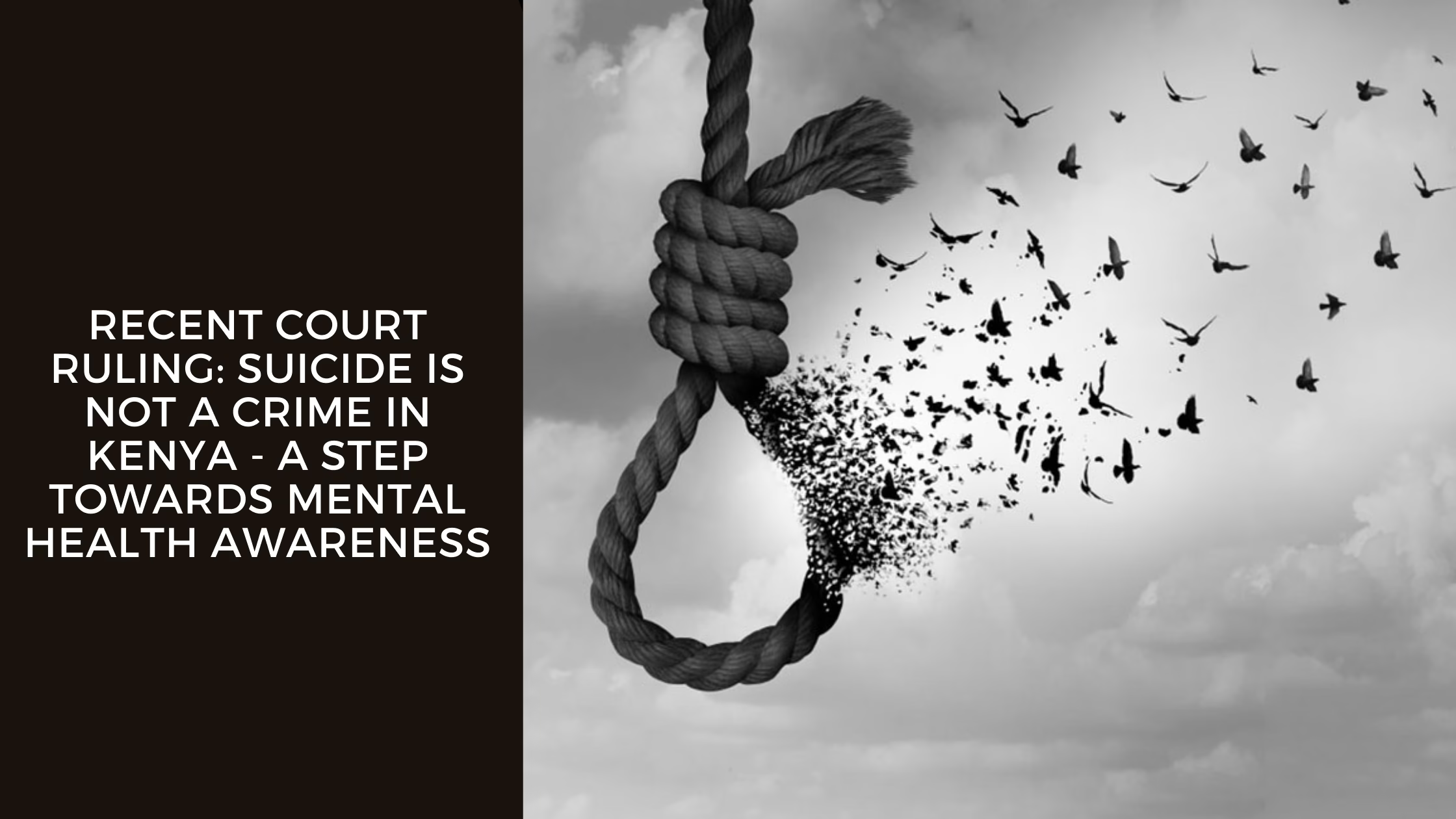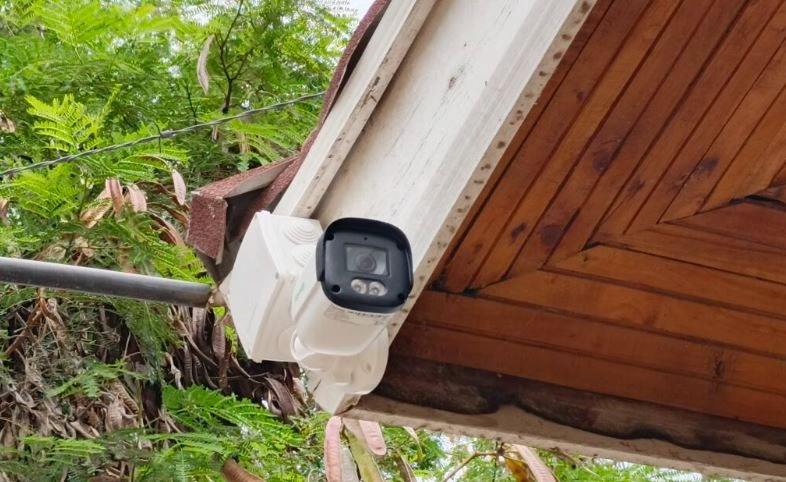Introduction
In a landmark ruling, the Kenyan courts have declared that suicide is no longer a criminal offense. This decision marks a significant shift in the legal and societal approach towards individuals struggling with suicidal thoughts. It opens up discussions on mental health, the treatment of suicidal individuals, and the necessary steps forward for Kenya and beyond.
1. The Court Ruling: A Paradigm Shift
1.1 Historical Context
Historically, suicide attempts were treated as criminal acts in Kenya, punishable under the Penal Code. This approach criminalized those who were already in a vulnerable mental state, often leading to further stigma and isolation.
1.2 The Ruling
The recent ruling decriminalizing suicide is a step towards compassionate justice. It recognizes that individuals who attempt suicide need support, not punishment. This change is in line with global trends in recognizing mental health as a critical component of public health.
2. How Suicidal Individuals Are Treated in Kenya and Globally
2.1 Stigma and Discrimination
In Kenya and many parts of the world, individuals who exhibit suicidal tendencies often face stigma and discrimination. They are sometimes labeled as weak or selfish, further exacerbating their mental health challenges.
2.2 Global Perspectives
Countries like the UK and Canada have long decriminalized suicide, focusing instead on mental health interventions. This approach has proven more effective in reducing suicide rates and providing the necessary support to those in need.
3. The Intersection of Suicide and Mental Health
3.1 Mental Health Challenges in Kenya
Mental health issues, including depression and anxiety, are often underreported and undertreated in Kenya. The decriminalization of suicide is a step towards acknowledging the mental health crisis in the country.
3.2 The Need for Mental Health Support
With suicide no longer a crime, the focus should now shift to creating robust mental health support systems. This includes access to counseling, psychiatric care, and community support programs.
4. The Way Forward: Building a Supportive Society
4.1 Enhancing Awareness
Public education campaigns are essential to break the stigma surrounding mental health. People need to understand that mental health issues are medical conditions, not personal failings.
4.2 Policy and Infrastructure
The government and private sector must invest in mental health infrastructure. This includes training more mental health professionals, establishing crisis centers, and integrating mental health into primary healthcare services.
4.3 Community Support
Communities play a crucial role in providing support. Encouraging open discussions about mental health and creating safe spaces for individuals to share their struggles can foster a more supportive environment.
Conclusion
The decriminalization of suicide in Kenya is a monumental step towards addressing mental health issues compassionately. It is now imperative for the country to build on this ruling by enhancing mental health services, reducing stigma, and creating a supportive environment for all individuals.
















Leave a Reply